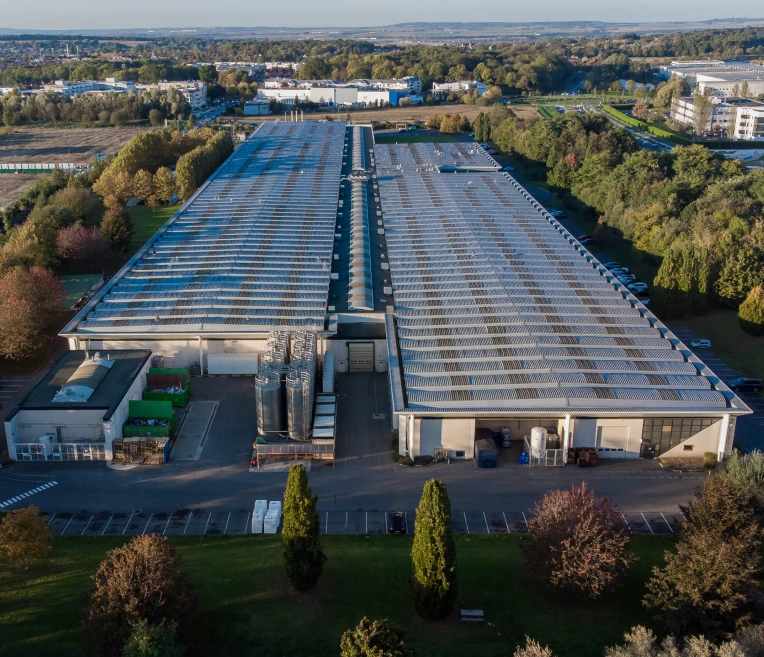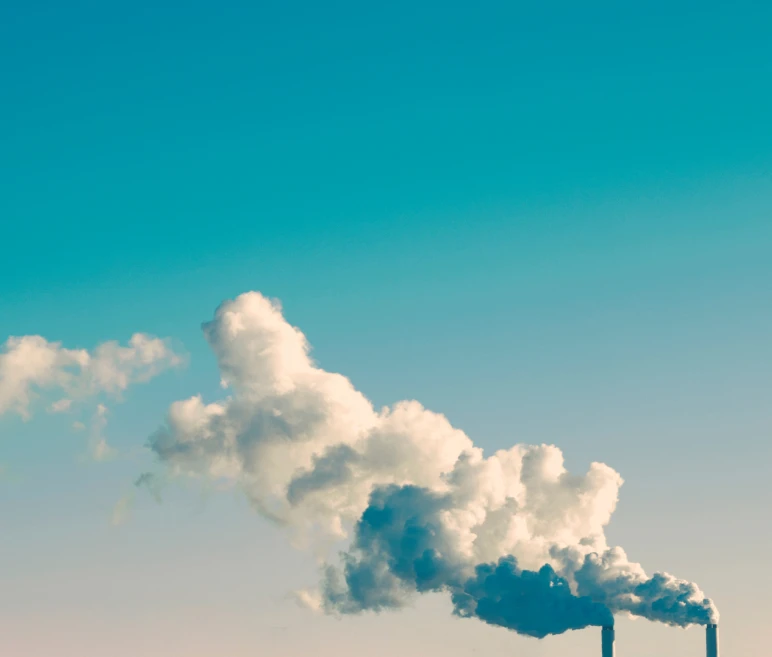
Articles
For over 10 years, Worldly has helped brands, retailers and manufacturers across the globe understand and improve their impact. Manufacturers play an essential role in reporting their environmental and social impact data, helping all members of the value chain understand impact from Scope 1 to 3. Using the Higg Index such as the Higg Product Tools, Higg FEM and FSLM, and tools on Worldly, here are just a few examples of how companies have used impact data to understand areas for improvement and chart a path to material improvements.
With the help of Worldly data, Elevate Textiles has decreased their global carbon footprint by 8% since 2019. Two of its brands, Cone Denim and Burlington began using the Higg Product Tools in 2021. The brands wanted to understand the sustainability trade offs of using different materials, manufacturing processes, and even designs. Data from the Higg Product Tools helped both companies significantly improve the sustainability of their fabrics. Specifically, Cone Denim increased their use of sustainably sourced cotton by 30% and Burlington saw an increase of 275% in volume for fabric sales containing recycled polyester. Elevate Textiles has also used Worldly to engage with their manufacturers and collect environmental and social data about their factories, helping measure everything from energy use to fair wages. Elevate Textiles attributes its sustainability improvements, and especially its decreased carbon footprint, to the ability to access and understand primary data and benchmark it against industry-wide performance.
Decrease in global carbon footprint

From Elevate Textiles’ impact report, they remark, “In addition to this report, an important aspect of transparency for Elevate Textiles is to work closely with our customers and suppliers to share sustainability data and performance of our individual facilities. That is why we are proud members of Cascale, (formerly the Sustainable Apparel Coalition), and why we enthusiastically endorse and use the Higg Suite of sustainability tools, including the Higg Facility Environmental Module (FEM) and the Higg Facility Social Labor Module (FSLM).”
Since 2021, MAS has used Worldly data to track water intensity, and recently measured a company wide reduction by 50%. The company identified factories with the highest water use across its textile, seamless knitting, and elastic manufacturing and was able to make investments that returned a combined intensity reduction of 38% against their baseline set in 2011. After using Worldly to help make progress toward their water goals, MAS plans to extend the implementation of Higg FEM via Worldly to more of their top suppliers and raw material suppliers.
Reduction in water intensity

Reduction in GHG emissions

These are just a few of the 40,000+ manufacturers, brands and retailers that have used Worldly and the Higg Index to understand and improve their sustainability performance. Contact us today to see how Worldly can help you and your team achieve your goals.
© 2024 Worldly. All Rights Reserved